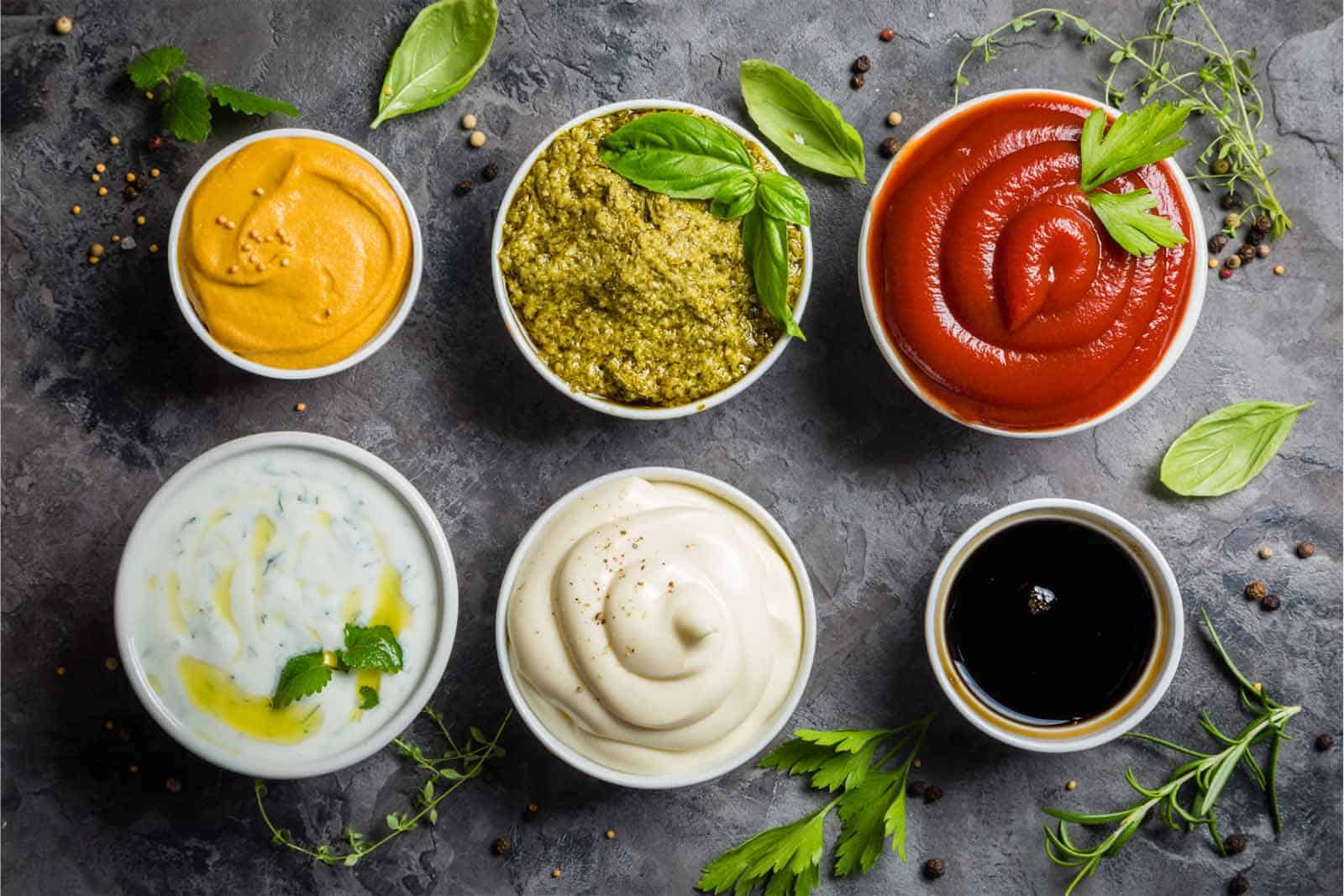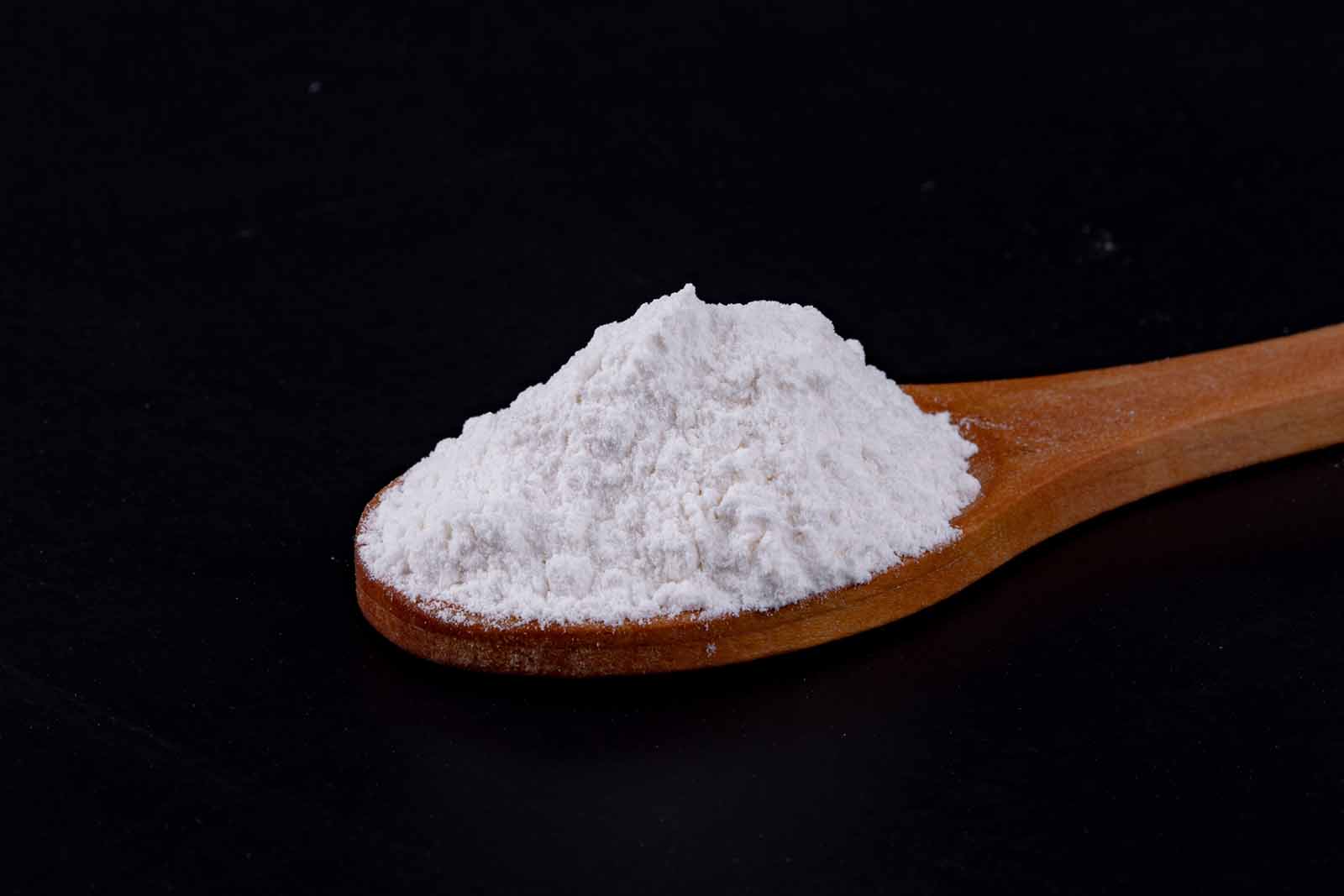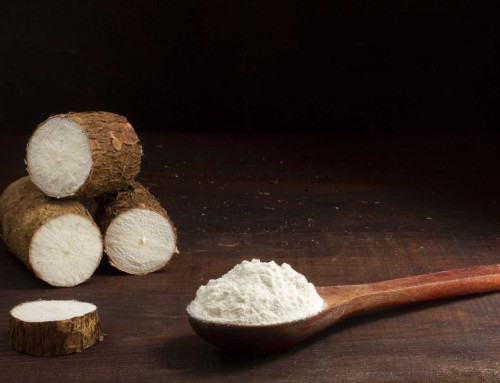When the food industry thinks of modified starches – it sees an ingredient that is able to increase value in almost every category of foodstuffs. Modified starches are mainly used as thickeners in a wide array of product categories, including batters, dairy and dessert items, soups and sauces, confectionery, and dressings.
They can also serve as a gelling ingredient, for making thick jellies, jams, or gravies with great mouthfeel, and as an emulsifying agent for ingredients that do not normally mix, such as oil and water in dressings and sauces.
Food producers always look to sustain texture, appearance, and flavour in the products they manufacture. Ingredients like modified starches exhibit properties like heat resistance, acid resistance, and shear stability – making them highly significant and valued for their usage in food processing to consumption.
For food companies looking to succeed in their food manufacturing goals in Malaysia, the key is in teaming up with a reputable modified starch supplier. Such a partnership will guarantee long-term benefits of quality assurance, technical support, cost efficiency, regulatory compliance, and valuable market insights for business!
Uncover the Benefits of Modified Starch in Food Innovations

Starch becomes a flexible biopolymer after being subjected to physical, enzymatic, or chemical treatment modification. It is only in their non-native form as modified starches do they possess desired properties for various industrial food applications.
Enhanced Thickening and Stabilisation
As mentioned, modified starches build texture by increasing gel strength and viscosity in liquids and slurries – all thanks to the contributing properties of amylose and amylopectin polymers found in them.
In the food industry, these functions help to give foods like custards, fillings, and yogurt improved mouthfeels. In addition to building texture, modified starches are used to contribute stability and prevent ingredient separation to food products due to their ability to withstand retrogradation; a natural reassociation occurrence of starch molecules when in a gel form that forces water out a.k.a. water syneresis.
Enhanced Shelf Life

Prevention of water loss is crucial for ensuring the longevity of food products, particularly those that rely on texture, desired viscosity, and mouthfeel.
Since modified starches are able to prevent consequent syneresis (water loss or escape) in various food product systems, common food challenges like watery sauces, ice crystals formation, and reduced bite or elasticity are therefore inhibited and can be tackled by the food industry.
With the functional help of modified starches, more foods can be able to withstand thawing or freezing conditions and texture loss, significantly improving the shelf-life, freshness, and quality of products.
Versatility in Food Applications
![]()
Modified starches are typically free from taste and flavour, rendering them incredibly suitable for various food applications while solely providing technical attributes.
Many food industries today find themselves incorporating modified starch as a speciality ingredient in formulations of soups, sauces, dressings, bakery items, confectionery, dairy products, and ready-to-eat meals to impart appealing mouthfeel and sensory satisfaction
The Science of Success: Unveiling the Secrets of Modified Starch in Malaysia

To reiterate, native starches extracted in their pure form are vulnerable to degradation from heat, acidity, and shear during processing. To overcome this, starches undergo physical, enzymatic, or chemical treatment, resulting in modified starches. These altered starches possess increased resistance to heat, acid, and shear – providing improved stability and process tolerance during manufacturing, and safeguarding the quality and integrity of food products throughout rigorous production stages.
Modified starches have diverse applications in food products. They thicken sauces, gravies, and soups, improve moisture retention in baked goods, enhance creaminess in dairy desserts, maintain texture in frozen desserts, aid in ready-to-eat meals, enhance binding in meat products, and improve texture in gluten-free products. Their versatility contributes to the overall quality and sensory experience of these food items.
Modified corn starch and modified tapioca starch are two types of modified starches that bring distinct qualities to food applications. Their different characteristics make them suitable for various culinary purposes, allowing food manufacturers to achieve desired textures, stability, and sensory experiences in their products.
Modified corn starch is derived from corn and is widely used as a thickening agent, stabiliser, and texture enhancer in a range of food products. It can withstand high temperatures, acidic conditions, and shear forces, making it suitable for applications in soups, sauces, gravies, and canned foods.
On the other hand, modified tapioca starch is derived from the cassava root. It is known for its excellent clarity, neutral taste, and smooth texture. Modified tapioca starch is commonly used in dairy products, fruit fillings, and desserts where a glossy appearance and high clarity are desired. It provides enhanced stability, thickening properties, and freeze-thaw stability.
Although both modified corn starch and modified tapioca starch offer advantages in specific applications, modified tapioca starch is taking the market by storm due to its similar deliverance to modified corn starch of providing texture, viscosity, and stability, but additional offerings of clarity, neutral taste, and better smooth texture.
Contact the Reputable Modified Starch Supplier in Malaysia with Markaids
When it comes to sourcing top-quality modified starch in Malaysia, choose Markaids. As a trusted supplier in the industry, we offer reliable modified starch options with a commitment to excellence and ensuring that your related products achieve optimal texture, stability, and sensory appeal. Contact us through https://www.markaids.com/contact-us/ or drop us an email at ingredients@markaids.com if you are looking for tailored solutions for successful food applications!



